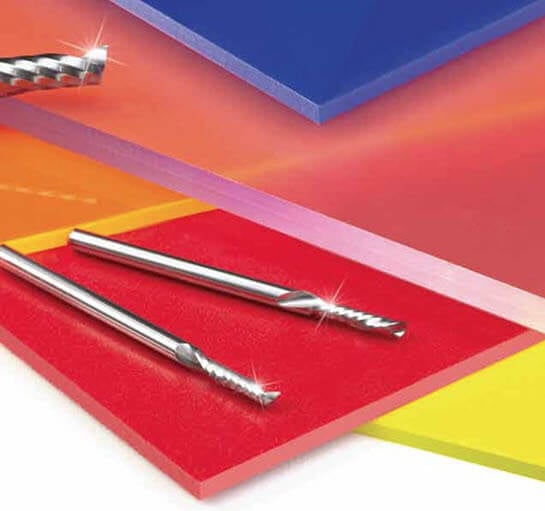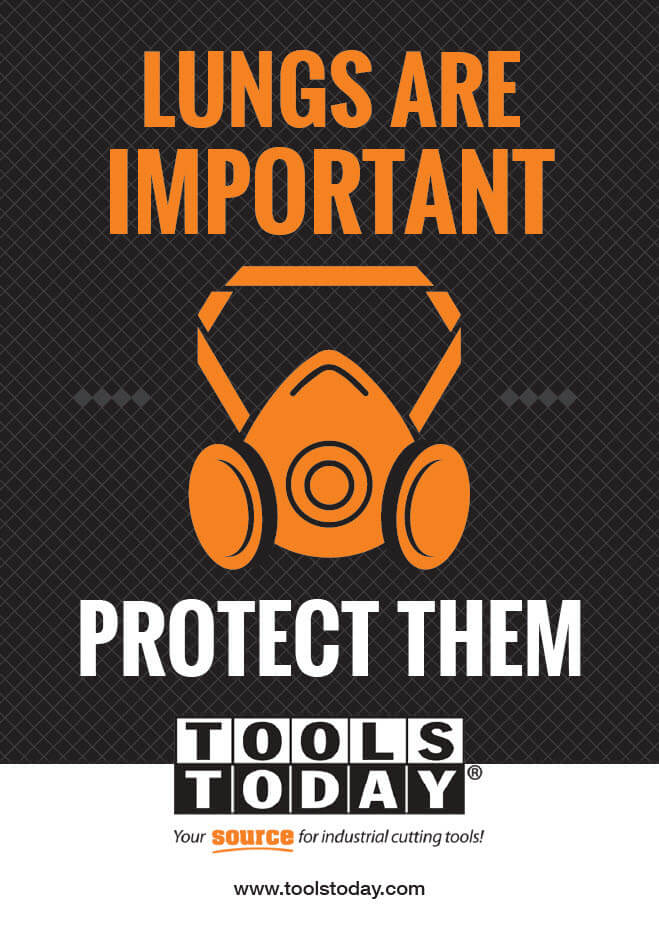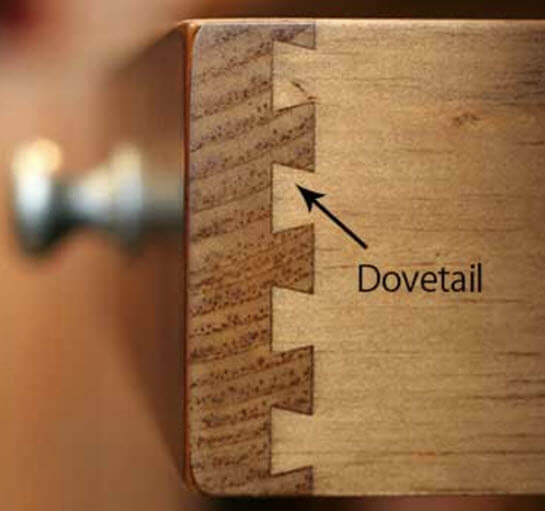
Best Blades and Bits for Cutting Plastic
Here's the thing about cutting plastic:
It melts.
Cutting requires friction. Friction generates heat. And heat melts plastic.
If your material melts a lot, it will re-bond behind the cutting tool in a process known as "chip-weld." If it melts a little bit, you'll end up with rough, uneven edges. Neither option is pretty.
So, you need specialized router bits and saw blades to cut plastic.
Watch LED Acrylic Sign Making full screen
What Do We Mean by "Melt"?
Don't be confused by the manufacturer's stated "melting points." That is the temperature at which plastic literally becomes a liquid; like, it flows. Most durable plastics will melt at temperatures below 500 degrees Fahrenheit, but will begin to soften -- and deform -- well before that.
High-Density Polyethylene (HDPE), a hard plastic used to make park benches, pipes, industrial & commercial windows, and other building materials, starts to melt at 257°F, but it begins to soften at between 110-120°.
Acrylic, or Polymethyl Methacrylate (PMMA), a.k.a. Lucite® or Plexiglas®, is also considered a hard plastic. It's translucent, making it a good substitute for glass, at half the weight. It melts at around 320°F. It softens at around 120°F. You can actually bend the stuff with a hair dryer.
Polycarbonate, like Lexan™, is a soft plastic widely used in signmaking. It softens at about 297°F, and flows above 311°F. So; higher temperatures, but a very short window between "soft" and goo.
High Density Urethane (HDU Board) is a closed-cell foam board, also commonly used in signmaking. It is rated for up to 200°F continuous exposure.
In contrast, wood will begin to char at between 450°F to 500°F.
Moral of the story: Plastic melts.
Watch How to Make: CNC LED Holiday Sign full-screen
Other Things to Know About Plastic
Feed Rates and Speeds: A good rule of thumb for plastic is to use high spindle speeds and low feed rates. This will reduce heat.
Adjust speeds and feeds according to chip formation. Ideally, the chips should be small and consistent.
Depth of Cut: Shallow depths of cut can also help prevent heat buildup. Two shallow passes are cooler than one deep pass.
Chip Clearing: Plastics can produce long, stringy chips. Regular chip clearing can prevent these from getting entangled and affecting the machining process.
Clamping: Plastics are softer and more flexible than metals, so avoid over-clamping, which can cause deformation or breakage. Use soft jaws or fixtures to prevent marring the surface.
Cooling and Lubrication: Many plastics can be machined dry, but for some, a coolant or air blast can help prevent melting and improve surface finish.
When using coolants, make sure they're compatible with the plastic. Some plastics might absorb the coolant, leading to dimensional changes or degradation.
Surface Finish: If a smooth surface finish is required, use a finishing pass with a fine tool and slower feed rate.
Safety: Some plastics can release toxic fumes when machined. Always ensure proper ventilation and use protective equipment like masks and goggles.
Watch How to Make a CNC Alphabet Piggy Bank full-screen
Best Saw Blades for Cutting Plastic
The best blades for plastic are our carbide-tipped no-melt saw blades. The modified triple-chip grind and 2° negative hook angle produce less heat than a standard blade, leaving a crisp, smooth edge.
The negative hook angle greatly reduces the tendency of chip-welding or melting of Acrylic Sheets, Plexiglas®, Lexan®, Corrugated Polypropolyene, HDPE, Polycarbonates, Coroplast®* and other plastics.
Additionally, blades coated with Amana Tool's Electro-Blu™ Non-Stick Coating prevent resin build-up.

Best Router Bits for Cutting Plastic
Not to sound like a commercial, but you can't go wrong with the Solid Carbide Spektra™ Extreme Tool Life Coated, Plastic Cutting CNC Router Bits, made with the highest quality sub-micrograin carbide, with nACo® nanocomposite coating for less friction and heat buildup.
Spektra bits have a special proprietary edge processing system and feature a super high polished cutting edge with a unique “mirror finish”, resulting in clean cuts, superior surface finish and a longer tool life.
Benefits of Mirror-Finish:
- Razor sharp cutting edge
- Effortless chip removal
- Helps prevent chip re-welding
- Dissipates heat well and prevents melting
- Extends tool life
- Exceptional cut quality
Start with a Spiral O Single Flute, Plastic Cutting Up-Cut Router Bit. The Spiral ‘O’ flute sharpening/finishing process increases feed rates, allowing for more linear feet routed in less time.
These can also be purchased without the nACo® coating, but the coating does extend the life of your bit up to 2.5 times.
For profiling and carving, get a 3-piece or 4-piece Spektra Extreme Tool Life Coated 2D/3D Carving Set.
For fine lettering and engraving, try a 30 Degree Engraving 0.005 Tip Width bit.
And a Spiral Finisher leaves an extra high surface finish.
People Also Ask:
Is Corian® plastic? Technically, no, corian is not plastic per se. But, it is made from about 1/3 acrylic, which is a plastic. (The other 2/3 is mostly natural material.)
It is prudent to treat Corian® like a plastic, taking all the precautions you would with actual plastic.
Is vinyl plastic? Absolutely, yes. "Vinyl" usually means PVC (polyvinyl chloride). The "V" is for vinyl.
Interestingly, the "C," for chloride, is the part of the compound with the most negative environmental impact. Other vinyls like EVA (ethylene vinyl acetate) or PVB (polyvinyl butyral) - ones without that "C" component - are much better for the environment. But all of them are plastic.
Is Formica® plastic? Yes. Manufacturers of Formica® swear it's made mostly from layers of kraft paper, which is true. What they don't tell you, is that the paper is layered between sheets of melamine resin, a thermoplastic.
Treat all laminates like plastic.

See our full set of free downloadable safety posters here.





